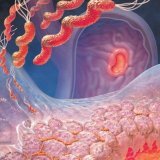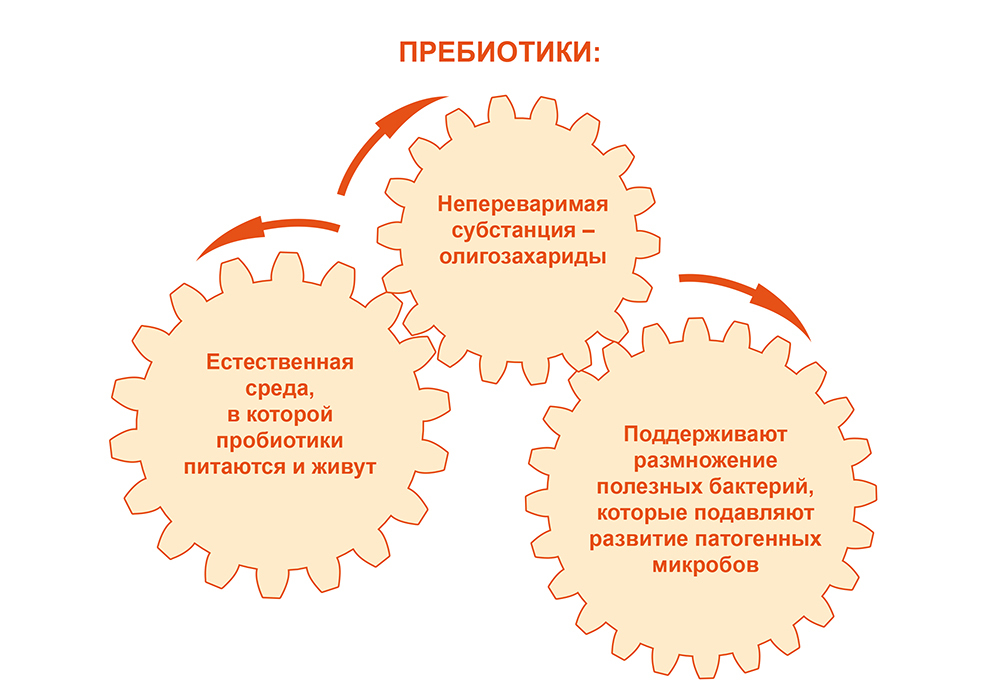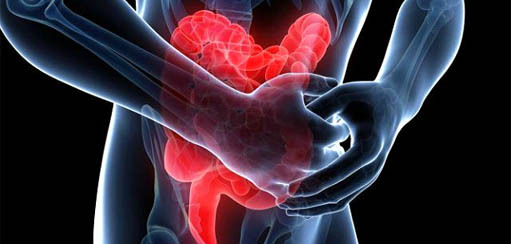Case history: chronic gastritis

Symptoms of gastritis.
The history of chronic gastritis includes the following symptoms:
- Stupid, prolonged pain that occurs after eating. Pain other than this may not be related to eating;
- Feeling of heaviness in the epigastrium;
- Unpleasant odor and taste in mouth;
- Sometimes male adolescents complain of pain that occurs after physical exertion;
- In some, the pain is localized in the epigastric region, in some in the pyloroduodenal region or in the right hypochondrium;
- The pain syndrome in adolescents has differences depending on gender. For example, boys may experience late, hungry, nocturnal pains, and in girls, pain can occur immediately after eating or regardless of food intake;
- The most common is nausea, heartburn and belching eaten food or air;
- Not often diarrhea and constipation occur in adolescents with chronic gastritis.
Treatment of chronic gastritis.
Treatment of chronic gastritis is primarily to eliminate the cause that caused the disease. In the treatment of great importance is the cessation of alcohol and smoking, a diet regime that depends on the secretory function of the stomach and the patient's condition.
An important role is played by activities that favorably affect the nervous system: long walks, therapeutic exercises, sufficient sleep, etc.
Patients with chronic gastritis should always follow the diet, both at the beginning of the course of treatment, and during the period of exacerbation of the disease. The diet can be expanded when the clinical symptoms decrease.
With achilic and subacid gastritis, patients who are underweight, with a poor condition of the chewing apparatus and oral cavity, should take food at least 4-6 times a day. At the same time, it is necessary to exclude black bread from the diet, cold and hot liquid dishes, fried fish, meat, dough products, spicy and fatty foods. All products must be eaten only in powdered form. Vegetables and fruits - mashed or boiled. Milk in such cases is usually not recommended to patients. For patients with secretory insufficiency kefir or sour milk is best. And patients with hypersecretion can use boiled fresh milk. Patients who suffer from constipation are given a diet, with a lot of boiled and raw vegetables( beets, pumpkin, carrots, turnips, etc.) in order to strengthen peristalsis.
Vegetables in the process of digestion are of great importance, they have an exciting effect on the secretory function of the digestive glands, especially the pepsin glands of the stomach. Raw fresh juices, for example beet, cabbage, excite secretion. They are good for those who have low acidity of gastric juice. Carrot and potato juices inhibit gastric secretion, so it is recommended for patients with high acidity.
Fiber of vegetables also has a very good effect on digestion, it stimulates bile formation, as well as bile secretion, helps to remove cholesterol from the body, strengthens intestinal peristalsis.
Vegetables favorably affect the secretion of the pancreas. In addition, raw vegetables limit the body's formation of fat, reduce fat deposition and reduce the conversion of carbohydrates into fat.
In case of exacerbation of chronic gastritis, an antiulcer diet is recommended - a common table, restriction of carbohydrates, increased amounts of protein, milk and vitamins. Recommended use of rice, baked potatoes, cabbage and chopped apricots. 300-400 grams of potatoes a day provides a daily rate of potassium.
In addition, patients need to get rid of the habit of quickly eating, as this leads to the fact that microbes multiply in badly chewed food, but also harmful and long chewing, as this entails a reduced activity of the stomach.
Prevention of chronic gastritis.
This prevention is aimed at preventing exacerbation of chronic gastritis. The main importance in this case is not medication, but the diet and individual prevention measures. The latter include, exclusion of overeating, a number of food products, hazards( smoking, alcohol), some medicines. Particularly important are the regime of rest and labor, treatment of concomitant diseases.



